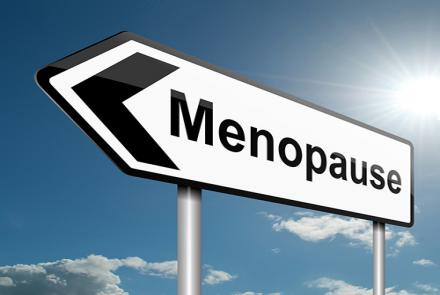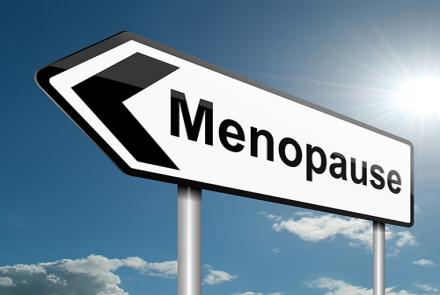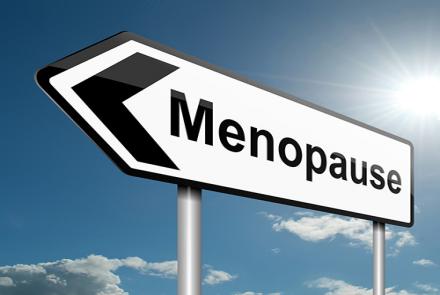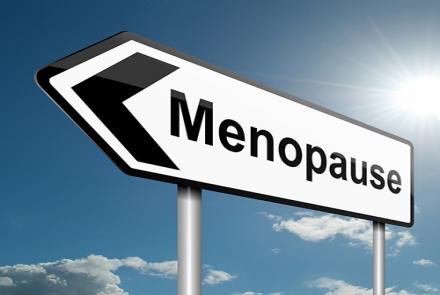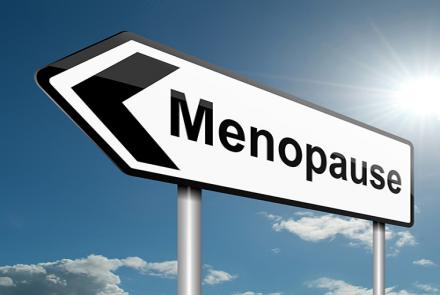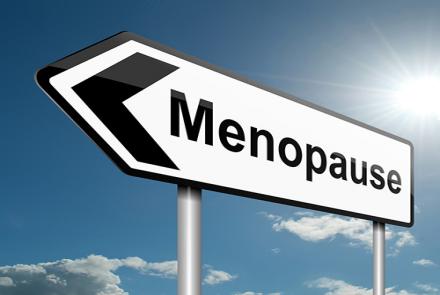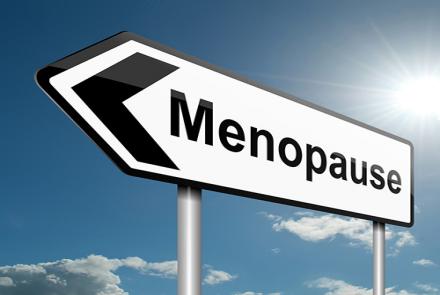Menopause symptoms can often be managed with natural options.
Hot Flashes:
Acupuncture, which stimulates specific points on the skin with thin needles, heat pressure or laser.
Eating soya, which is rich in proteins and isoflavones, a plant oestrogen (phytoestrogen)
Exercise
Wear cool cotton clothing
Avoid spicy food and caffeine
Non-prescription treatment like Vitamin B & E and Ibuprofen to get relief from the pain caused by hot flashes
Trouble sleeping: Difficulty sleeping at…
Latest Stories
- There is no treatment for Menopause itself. As much as possible symptoms should be managed naturally. If the symptoms are interfering with quality of life, you should see your gynaecologist. In some cases your gynaecologist or your GP may suggest the following treatments: Prescription treatment may include hormone therapy, medication for depression, hypertension (raised blood pressure). Your doctor may suggest drugs like Brisdelle (non hormone capsules) or Duavee (hormone tablets). Hormone…
- Menopause is a natural part of a woman’s life cycle and cannot be prevented. However, many of the symptoms can be managed and complications prevented by making healthy lifestyle choices. Here are some steps you can take to prevent menopause symptoms: Eat a wholesome and healthy Diet Exercise regularly: This often reduces menopause symptoms and may even prevent some of the symptoms of menopause. Quit smoking Sleep well and if necessary reduce caffeine to ensure better sleep Build bone…
- If you think you are having menopause (you have not had your period for 6 months), consult your doctor for confirmation of menopause diagnosis and to rule out other problems. Your doctor may suggest the following tests: pH tests: During there productive age, the pH of the vagina is 4.5. At menopause it raises to about 6. For this test, a vaginal swab is taken and tested for pH values.. Blood tests: This can check the Follicular Stimulating Hormone(FSH) and oestrogen levels. FSH levels increase…
- Menopause affects women in different ways. You will have some of the following symptoms: Irregular periods: Periods become uncertain – sometimes heavier, sometimes lighter. The frequency may also change – coming more often or less. Hot flashes: These are feelings of heat on your face and neck and sometimes all over your body accompanied by heavy sweating. Trouble sleeping: Difficulty sleeping at night and with night time sweats. Vaginal dryness Urinary tract infections:…
- Stages of menopause Menopause does not happen abruptly. It is a gradual process consisting of perimenopause, menopause and post menopause. Peri-menopause: This refers to a period 3-5 years before actual menopause starts, when the hormones being secreted by the ovaries start going down. Periods become irregular. You may still ovulate but not every month. Menopause: This refers to the period when the ovaries stop producing the ova and oestrogen and progesterone are released at a low…
- What causes menopause Menopause is a natural change that occurs in women during their 40s or early 50s. In Asian women, menopause usually occurs between the ages of 49-53. It happens when the ovaries stop functioning. The primary function of the ovaries is: To release the ova (egg) monthly To release hormones like oestrogen and progesterone that make preparatory changes in the uterine wall if the woman conceives For subsequent shedding of theuterine wall or lining if she does not conceive. As…
- There is no way to prevent autism spectrum disorder, but ASD can be treated, and children can improve their language and social skills. Children with ASD typically continue to learn and find solutions for problems, but most will continue to require some ongoing support. If your child is diagnosed with autism spectrum disorder, intervene early and work out treatment options. Although the cause of autism is not known, many researchers believe genetics is responsible for 90% of the risk of a child…
- Early intervention – what does it achieve? The earlier you start the better, so intervention can start with a toddler or preschooler. Intensive behavioural therapy during the toddler or preschool years can significantly improve cognitive and language skills in young children with ASD.These should be started as soon as a child has been diagnosed with ASD. Providing focused and challenging learning activities at the proper developmental level for the child for at least 25 hours per week and…

